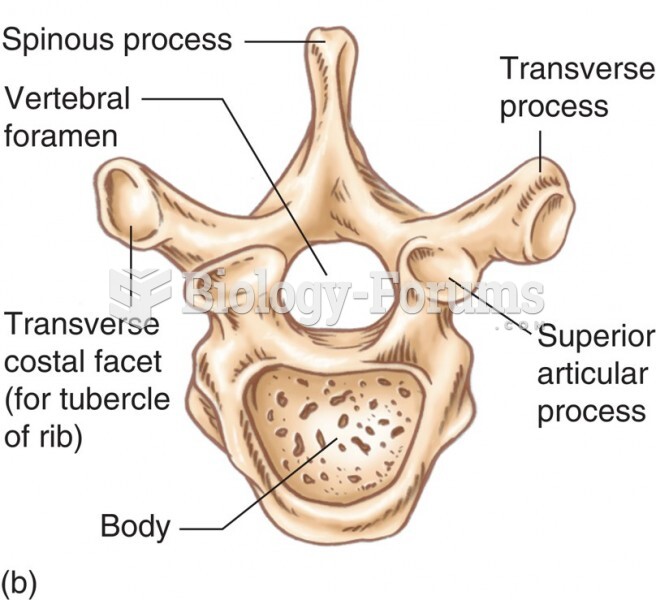|
|
|
More than 2,500 barbiturates have been synthesized. At the height of their popularity, about 50 were marketed for human use.
More than 20 million Americans cite use of marijuana within the past 30 days, according to the National Survey on Drug Use and Health (NSDUH). More than 8 million admit to using it almost every day.
The first oral chemotherapy drug for colon cancer was approved by FDA in 2001.
Though the United States has largely rejected the metric system, it is used for currency, as in 100 pennies = 1 dollar. Previously, the British currency system was used, with measurements such as 12 pence to the shilling, and 20 shillings to the pound.
In 1886, William Bates reported on the discovery of a substance produced by the adrenal gland that turned out to be epinephrine (adrenaline). In 1904, this drug was first artificially synthesized by Friedrich Stolz.
 The meninges from the outside in: dura mater, arachnoid, and pia mater. Also showing the subarachnoi
The meninges from the outside in: dura mater, arachnoid, and pia mater. Also showing the subarachnoi
 The brain. (a) Superior (top) view. (b) Sagittal view of a sectioned brain to reveal internal featur
The brain. (a) Superior (top) view. (b) Sagittal view of a sectioned brain to reveal internal featur





